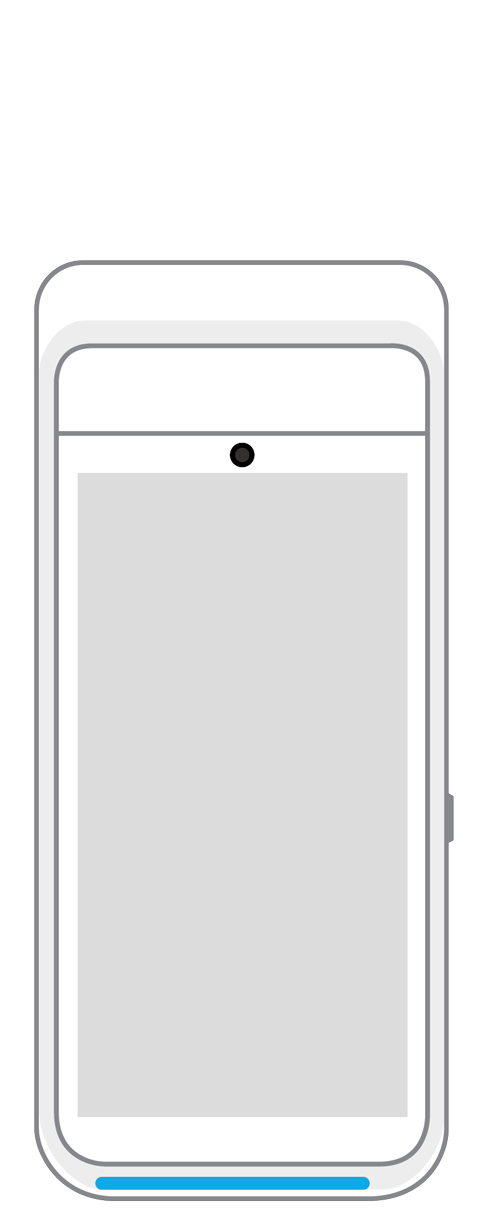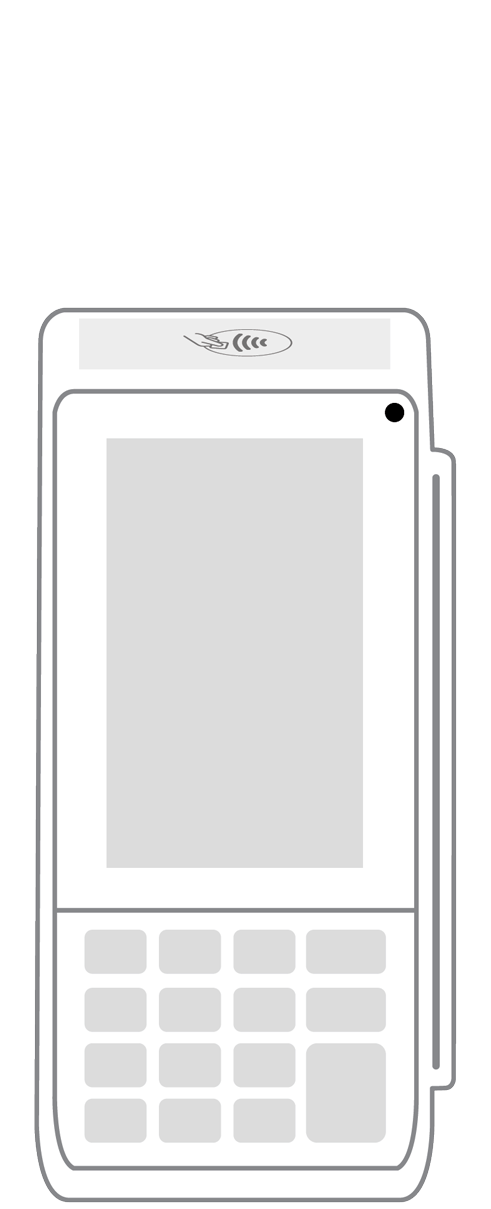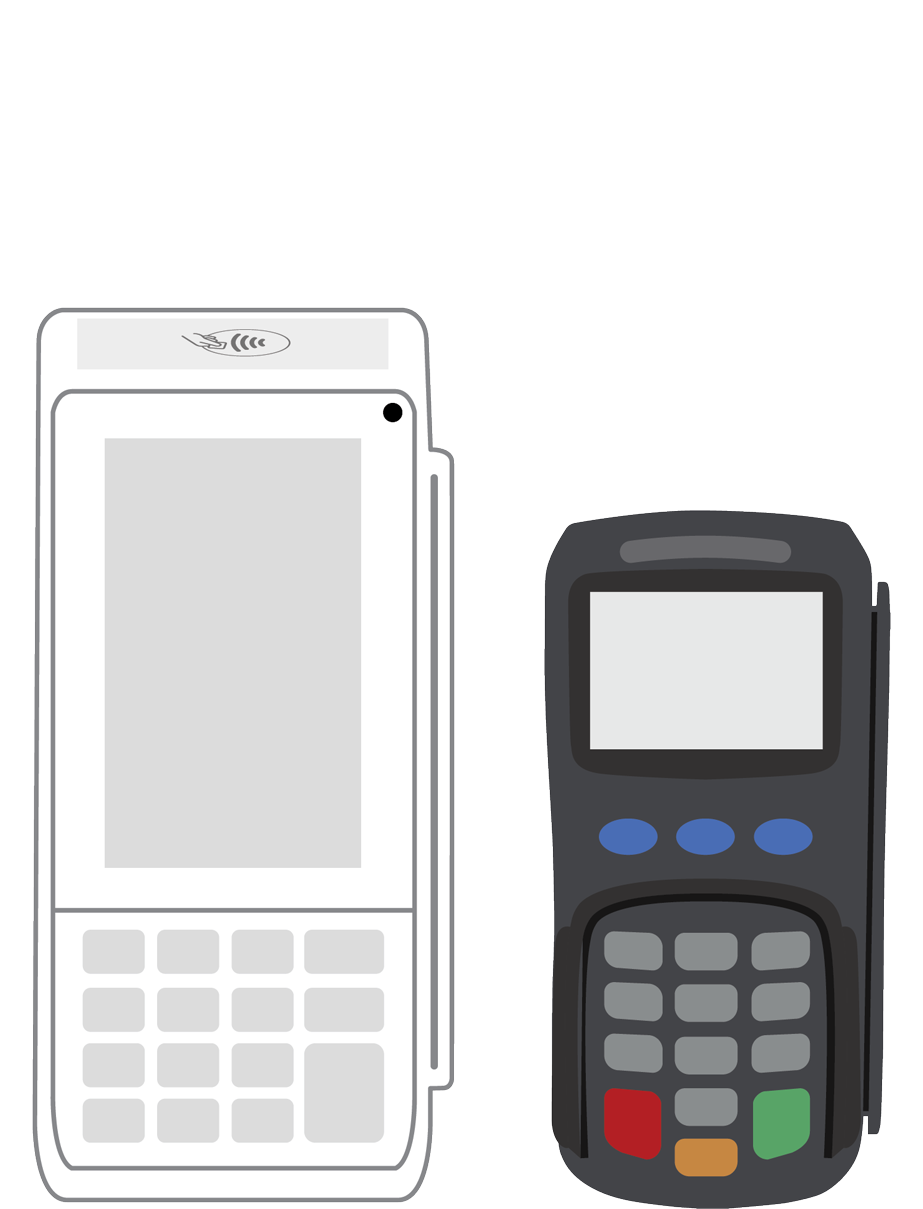How To Protect Yourself Online

 Once online hackers, spammers, and scammers have stolen your personal data, they can ruin your whole financial life. Here's how to make sure they don't get access to your valuable information.
Once online hackers, spammers, and scammers have stolen your personal data, they can ruin your whole financial life. Here's how to make sure they don't get access to your valuable information.
Master your Passwords
Passwords are your first line of defense against online criminals. You likely have one "favorite" password you use for all your accounts online. To make matters worse, you've chosen a password that's so easy for you to remember; it may be easy for anyone else to crack.
Your first step is to get into the habit of creating strong, hard-to-guess passwords. Mix in upper- and lowercase letters. Use numbers and punctuation marks. Next, get into the habit of changing passwords to your important accounts at least every six months. Finally, start using a different password for each of your accounts.
Be Smart with your Email Account
Online thieves from around the world send out official-looking emails. You might think they come from your bank or other financial institutions.
These phishing messages inform you that your account is in peril, and you need to sign on, through the email, to set things right. That's when you hand over your account information to online thieves.
To be smart, check the email address of the incoming mail for anything out-of-place or suspicious looking, like any additional or unnecesary words. If you want to check on your account, go to the official site to enter your account name and password.
For maximum protection, start using what's called "two-factor authentication" which gives you an extra layer of account security.
Protect Yourself from Social Media Scams
Be on the lookout for scams on your social media platforms. Contests and giveaways that require you to authorize an app to access your social media account to win the prize are just another way of phishing. A warning sign is if the contest is being advertised only via social media and is not viewable on a dedicated website.
Beware of impersonation accounts where thieves set up fake accounts with real-looking photos. Check the contacts you have in common, and see how far back the posts go before friending such accounts.
Practice Safe Shopping Online
Review all of your bank and card statements after you've done some shopping to make sure there's nothing surprising or unauthorized. Delete e-cards that come in from unknown addresses during the holidays. Use the automatic identity theft protection that comes with your credit cards, and use credit not debit for holiday shopping (for this reason).
Steer clear of sketchy sites with poor design, strange URLs and numerous pop-up windows. If you land on a site that looks questionable, be sure to close out your browser window quickly.
What are you waiting for? Time to update your passwords!
Related Reading
 3-in-1 Reader |  Terminal |  Keypad |  PINPad Pro |  Flex |  POS+ | |
|---|---|---|---|---|---|---|
Payment types | ||||||
EMV chip card payments (dip) | ||||||
Contactless payments (tap) | ||||||
Magstripe payments (swipe) | ||||||
PIN debit + EBT | ||||||
Device features | ||||||
Built-in barcode scanner | ||||||
Built-in receipt printer | ||||||
Customer-facing second screen | ||||||
External pinpad | ||||||
Wireless use | ||||||
Network | ||||||
Ethernet connectivity | With dock | |||||
Wifi connectivity | ||||||
4G connectivity | ||||||
Pricing | ||||||
Free Placement | ||||||